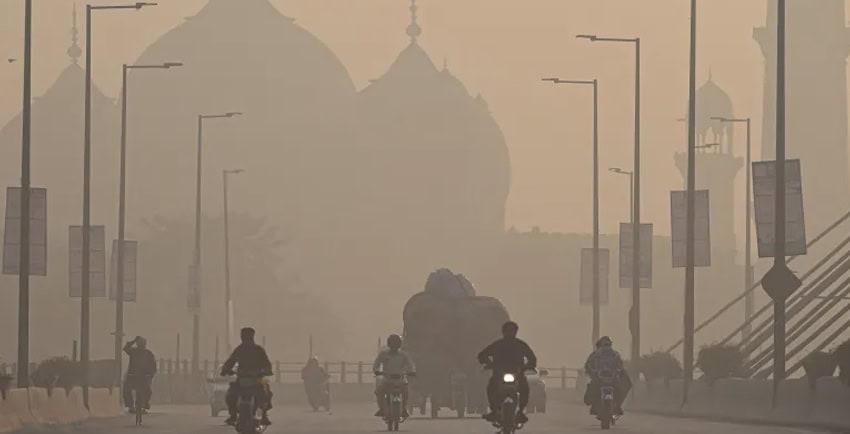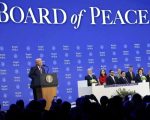As winter rolls in, so does the thick, suffocating haze enveloping Pakistan’s major cities.
Smog isn’t just an inconvenience; it’s a disaster that affects our health, environment, and economy. Every year, cities like Lahore and Karachi make headlines for their dangerously high levels of air pollution. Yet, the crisis persists; for most people, it has become a part of life rather than something to fight against.
Smog is created by a toxic combination of vehicle pollution, factories, crop burning, and construction. The black clouds of smoke rising from poorly maintained vehicles on crowded roads are common in urban Pakistan. Industrial areas spew pollutants into the air without much restriction. Farmers often resort to burning leftover crops in rural areas, sending massive amounts of smoke into the atmosphere. These practices have been going on for years, but their combined impact is now impossible to ignore.
For the average citizen, smog means much more than dirty air. Hospitals fill up during smog season with patients complaining of respiratory problems, asthma, and heart issues.
Children and elderly people are the worst hit, but nobody is truly safe. On top of that, smog disrupts everyday life—schools are forced to close, flights get delayed, and visibility on roads becomes so poor that accidents rise sharply. Farmers, too, suffer as crops grow slower and yields drop because sunlight can’t penetrate the thick haze.
The government has introduced measures to address the issue, but they’re insufficient.
Policies aimed at controlling emissions exist on paper but are rarely enforced. Meanwhile, public awareness campaigns are limited, and many people don’t understand how their actions contribute to the problem. There are talks about shifting to cleaner energy or introducing better urban planning, but progress is painfully slow.
So what’s the solution? A shift towards renewable energy sources could reduce reliance on fossil fuels, major contributors to pollution. Educating farmers about alternatives to crop burning, such as using crop residue for biofuel or composting, could help tackle the issue at its source.
Finally, stricter laws for factories and vehicles, paired with consistent enforcement, would make a real difference. Above all, there needs to be a collective effort—the government, businesses, and citizens working together. Smog isn’t just the air we breathe; it reflects the society we create.














